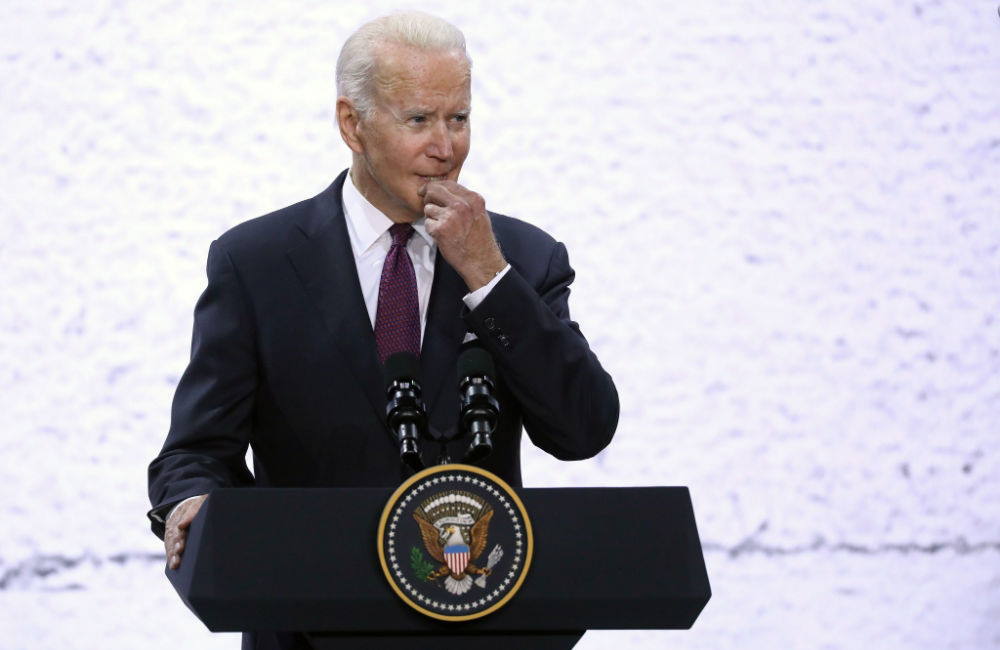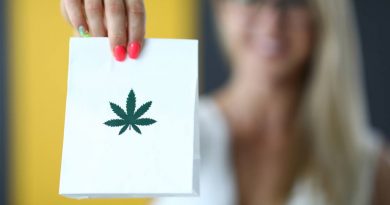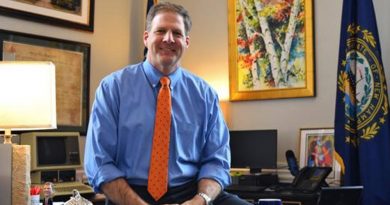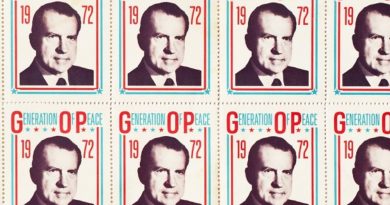President Biden Calls For Review of Marijuana’s Schedule I Status
Since the early 1970s, the U.S. government has officially considered marijuana as a Schedule I drug, the top ranking for illegal drugs that also includes cocaine and heroin. But that could change very soon.
President Joe Biden recently called for a review by his administration of marijuana’s Schedule I status. He also directed the Department of Justice to fast-track a process that will result in pardoning thousands who have a federal marijuana possession charge on their record. These two announcements appear to make good on Biden’s assertion during the presidential campaign that he didn’t think people should go to jail for marijuana possession.
While the pardon is significant, changing marijuana’s Schedule I status has the potential to make a more significant, long-term impact on both the cannabis industry and consumers. A change from Schedule I status could impact laws at the state level, enforcement and possibly the willingness of banks to work with the cannabis industry. It may even impact the federal cannabis legalization effort.
Why Is Marijuana a Schedule I Drug?
The history of marijuana’s Schedule I status traces back to 1970, when then-Attorney General John Mitchell advocated for placing cannabis on a newly created list of illegal drugs as part of the Federal Controlled Substance Act. Mitchell worked in the administration of President Richard Nixon, who included cannabis in a list of drugs that were causing an “national emergency” in the United States.
The schedule of illegal drugs created by the Nixon Administration included different tiers based on the potential danger from the drug. Schedule I is at the top of the list. According to the federal Drug Enforcement Administration, Schedule I drugs contain “no currently accepted medical use and a high potential for abuse.” Currently, it includes heroin, LSD, ecstasy, methaqualone, and peyote.
Thanks to the efforts of Mitchell, Nixon and others in the early 1970S, it also contains cannabis.
Moving Quickly on the Review
U.S. Health and Human Services (HHS) Secretary Xavier Becerra said shortly after Biden’s announcement that the review of marijuana’s Schedule I will get done as quickly as possible.
“The president was very clear — he wants this done as quickly as possible,” Becerra said, according to the Florida Phoenix. “It’s not new science, but there’s a lot of information to gather because in many states marijuana has been legalized for either medical purposes or recreational purposes.”
Currently,19 states have legalized cannabis for recreational use, and 39 have legalized medical marijuana. On the November ballot, five more states will consider legalization of recreational cannabis: South Dakota, North Dakota, Missouri, Maryland and Arkansas.
Thousands Affected By Potential Pardon
As part of his announcement on policy changes involving cannabis, Biden also asked the Department of Justice to develop a process to pardon those with marijuana possession convictions.
The White House estimates that Biden’s pardon could impact about 6,500 people and thousands more in Washington DC.
“As I often said during my campaign for president, no one should be in jail just for using or possessing marijuana,” Biden said in prepared remarks. “Sending people to prison for possessing marijuana has upended too many lives and incarcerated people for conduct that many states no longer prohibit.”
Biden also urged all state governors to take the same steps in their jurisdiction. “Just as no one should be in a federal prison solely due to the possession of marijuana, no one should be in a local jail or state prison for that reason, either,” Biden said.




